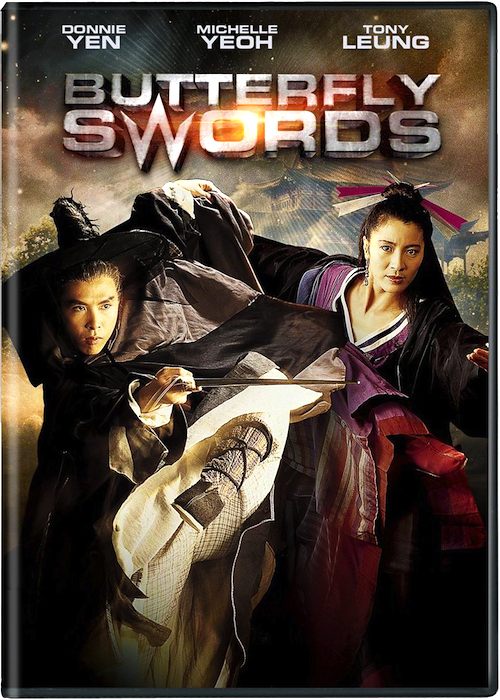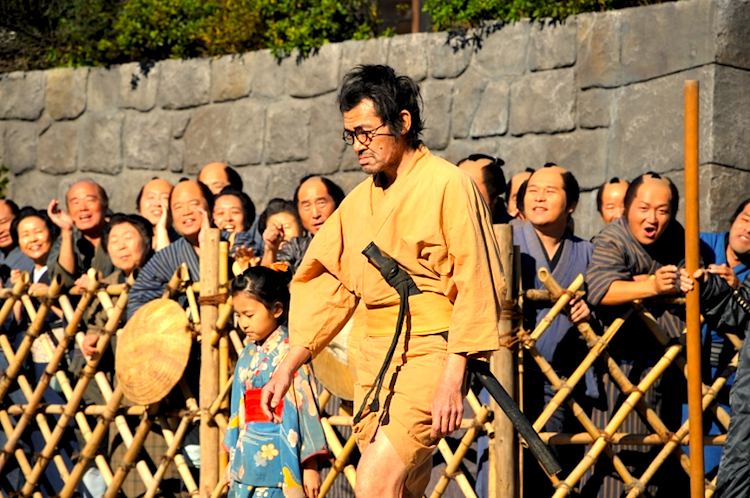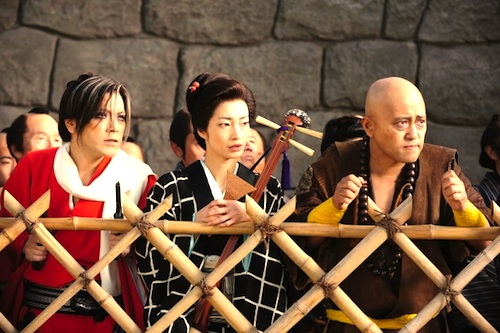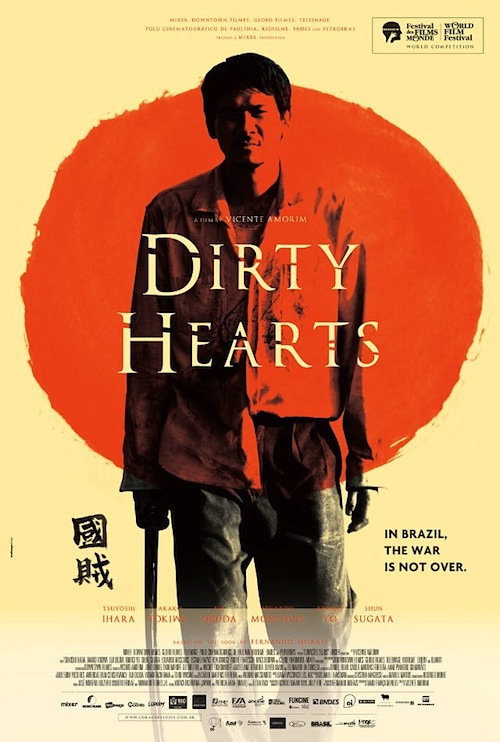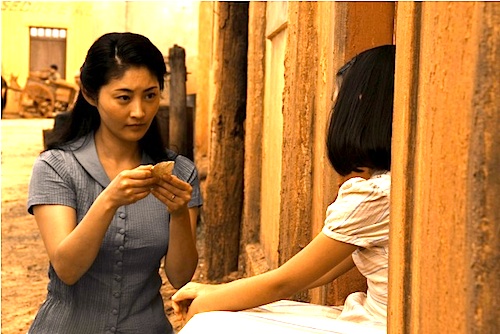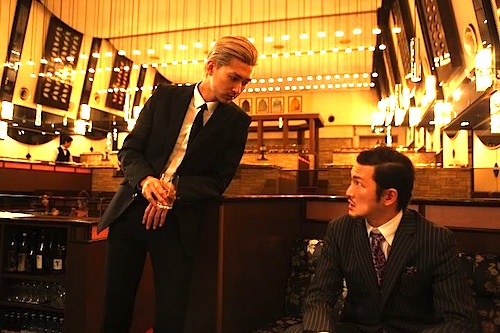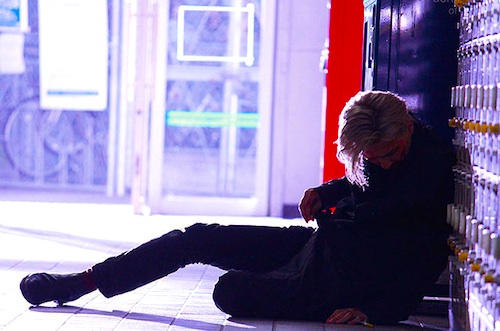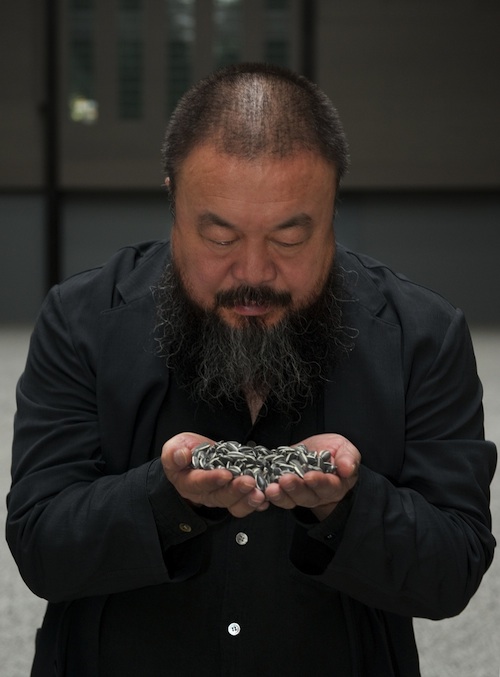
By Joe Bendel. Arguably, Ai Weiwei is the single most important artist of our time. One might expect the Chinese government to take pride in his international preeminence, but instead they are threatening him with specious bigamy and pornography indictments. While best known for his architecture and large scale installations, he is also a filmmaker—and rather a muckraking one at that. Indeed, it is easy to understand the Communist regime’s relentless campaign against Teacher Ai after viewing his fearless documentary investigations of the 2008 Sichuan earthquake. Defiantly exposing the hypocrisies of the Chinese justice system, Ai Weiwei’s Disturbing the Peace and So Sorry will screen as part of the Yerba Buena Center for the Arts’ enormously timely retrospective, now underway in San Francisco.
Still prohibited from traveling, the artist will not be present for these screenings. The series includes several of Ai’s films recording his ambitious artistic projects that are surely well worth your time and attention. However, Disturbing and Sorry are particularly relevant to the legal purgatory he now finds himself in. Following the 2008 quake, Teacher Ai and his assistants launched a campaign to tabulate an accurate death toll of the students killed by shoddy so-called “tofu” school construction and record each name. Yet, every time they asked the authorities for fatality statistics, they were branded American or Japanese spies.
While both Sichuan documentaries cover overlapping events, Disturbing concentrates on Teacher Ai’s direct challenges to the government authorities. As the film opens, Ai has returned to Chengdu to appear as a witness at the trial of Tan Zuoren, an independent researcher also investigating the Sichuan earthquake. Denied his day in court, Ai and his party are rousted and detained by the police at three in morning. Teacher Ai is physically assaulted and one of his assistants is ominously whisked away, without any pretense of due process.
Ai subsequently returns with the woman’s husband and Tan’s fearless attorney Pu Zhiqiang to demand answers. Finally jumping through enough hoops to meet face-to-face with a high ranking bureaucrat, Ai makes it plain they will not leave until they receive a satisfactory accounting. Frankly, the meeting gets rather ugly, with Ai dropping f-bombs and openly questioning the integrity of the man across from him. He had a right to be irritable though, having not eaten for hours on end, as the apparatchiks stalled and dissembled. Clearly, Ai and his colleagues believe any hope they have of securing their colleague’s release depends on them staying in that conference room and in the authorities’ faces. From what viewers see, they do not seem far wrong in their judgment.
So Sorry also covers the Sichuan earthquake and the scandalous aftermath, but the focus is slightly different. We see more of the investigation itself and hear from some of the devastated parents, whose grief is compounded by China’s One Child policy. While Ai again confronts agents of the state not so subtly surveilling him, the grim drama in Sorry centers around Ai’s cerebral hemorrhage resulting from the Chengdu attack, coming while he is in the midst of preparing a major exhibition in Germany.
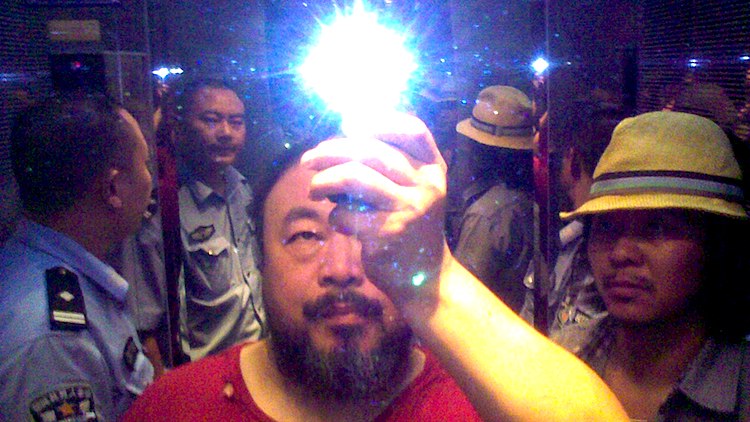
Not surprisingly, Alison Klayman’s forthcoming documentary Ai Weiwei: Never Sorry draws heavily on Ai’s Sichuan films. However, if you have only seen the excerpts, you haven’t seen the half of it. Disturbing the Peace is particularly staggering, as Ai “talks truth to power” in a way officialdom is most definitely not accustomed to. Especially telling is the way he needles them with the Party’s own rhetoric. It is also chilling to witness, knowing how dearly he will pay for his boldness.
It is hard to think of two braver, more revealing documentaries than Ai’s Sichuan films. They are literally video dispatches from an Orwellian police state. Viewed together, the two films conclusively establish tens of thousands of young lives were needless lost and that those who ask questions will find themselves in serious jeopardy. One would hardly expect them to meet with the Party’s approval, but they make it easy to understand why so many everyday Chinese citizens have rallied to support Teacher Wei during his Kafkaesque ordeal.
Immeasurably important for understanding contemporary China, Disturbing the Peace screens this Sunday (7/15) as part of the YBCA’s Ai Weiwei series. Recommended nearly as earnestly, So Sorry screens the following Sunday (7/22) as part of a double bill with Ordos 100, Teacher Ai’s record of a yet unfinished architectural project in Mongolia. More than just topical programming, the YBCA deserves great credit for keeping Ai Weiwei and his work, both the political and the artistic, in the public eye at this critical period of time.
Posted on July 11th, 2012 at 4:55pm.
